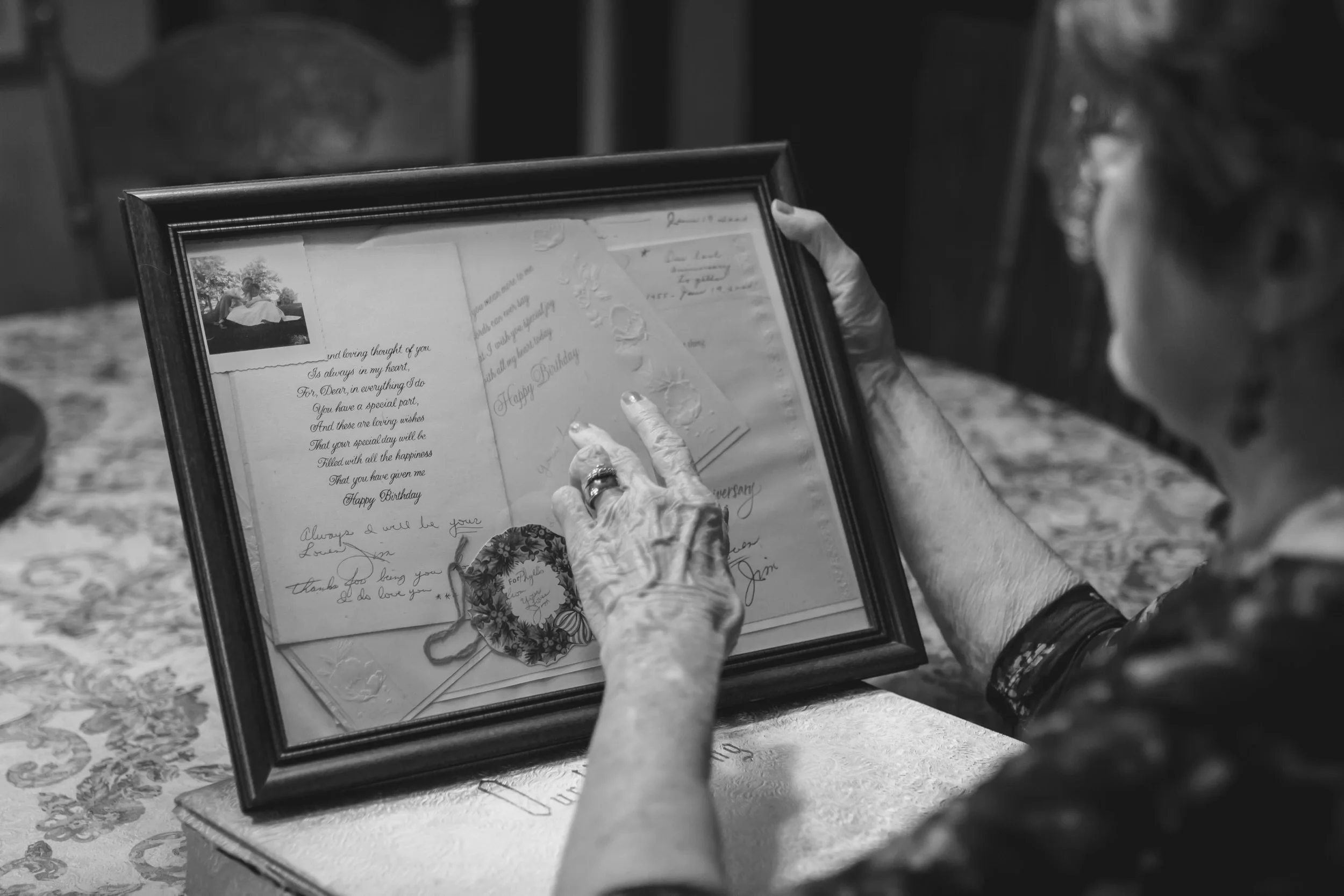The Grief Girls
More than 11 million women in the United States are widows. Loss of spouse, and the cascade of events following, have negative impacts on health and longevity. This essay is the story of four women beating those odds.
One spring evening I called my grandmother just to chat. She let me know she couldn't talk long, "I'm meeting the grief girls. It's taco night." She started to explain who she meant, but I knew who her grief girls were - a group of friends she had made when my grandfather passed away. Initially they'd been a traditional grief group, but through the years, they'd become more - they'd become intimate friends who'd passed through one of life's darkest valleys, and come out the other side into a full life that included, among other things, a weekly taco night. After ending the call with my grandmother, I reflected on her friendship with these women... I did the math... fifteen years since my grandfather had passed, from an aggressive cancer discovered just months before his death. I'd been 23, but looking back at that time from a new phase of life - close to 40, a wife and mother - I realized I had no idea what my Gram must have gone through grieving for him. I suddenly felt a wave of gratitude for these women who'd been at her side in those early years, and stayed her friends for more than a decade. Life moved on from that singular moment of loss, as it invariably does. As I reflected on these women, I knew theirs was a story needing to be told, and I longed to photograph them. I wanted to show their story within the context of American life, and of widowhood. I learned that of the nearly 14 million widowed Americans, more than 11 million of them are women. Fully half of all women over 65 are widows, 70% of them live alone, and they live an average of 14 years as widows. Loss of spouse is ranked by psychologists as one of the greatest stressors a person can experience in life, and the cascade of events common after losing a spouse compound the stress, often significantly impacting health. Moreover, people who feel consistently lonely over time have a 14% higher risk of premature death. I was stunned by these statistics. It had never occurred to me that the warm, supportive connection my Gram had with her friends could actually be saving her life. But it is: meaningful connections, outlets for feelings of grief, and support to move forward into a new phase of life are quite literally vital to well-being and life expectancy after loss. That was the true context of my grandmother's story and her friends' stories. I am so very honored to have sat in their homes and listened as they talked to me about meeting their husbands and losing their husbands; and about what it means to have friends who, as my grandmother put it "really know more about that part of my life than my closest family".



























